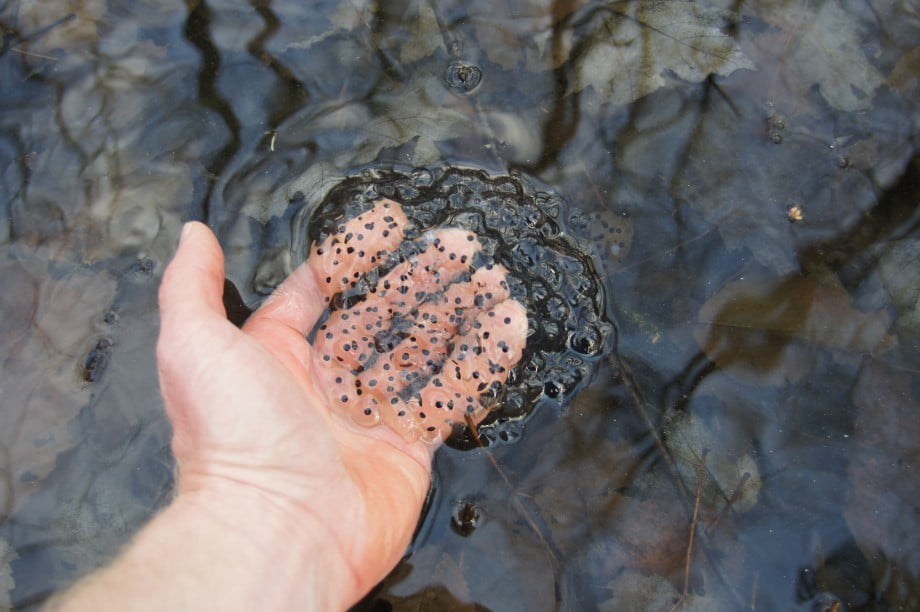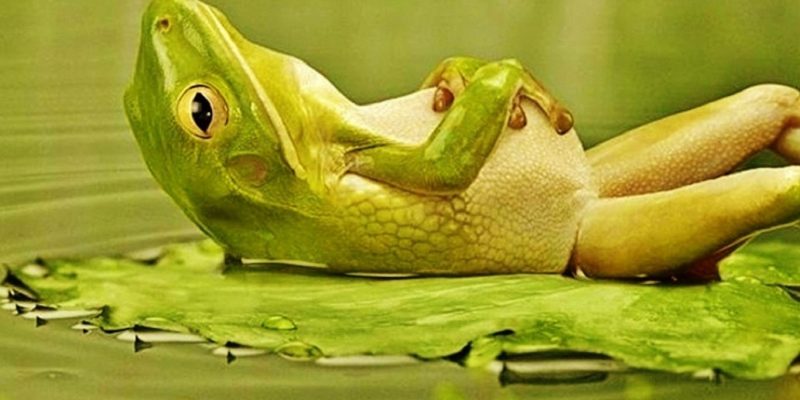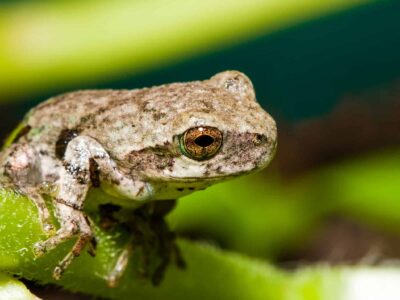Frogs are the most peculiar of all amphibians. Prominent for their bulging eyes, jumping skills, and highly moistured slime-like skin, these croaking creatures love murky, leaf-covered water bodies.
They not only survive all around the world but also respond, adjust, and stimulate their surroundings. Thus, they reproduce rapidly, and in its consequence, surpass the population of the other amphibian groups like the salamanders and caecilians.
However, though they control the insect populations, they can be an utter nuisance when they settle, uninvited in your pools, and homeowners often have a tough time getting rid of these uninvited guests.
Moreover, frogs cannot distinguish easily between chlorinated water and clean water prima facia, and hence, unfortunately, are often drawn to the water pool. So, how to get rid of the frogs naturally?
Frogs will usually start sheltering and swimming in your pools if the previously chlorinated content starts to decrease by atmospheric evaporation and pressure. Once the pool is shocked, the chlorine becomes so toxic that even humans need to stay away for a while, owing to drowsiness, let alone the health of aquatic life.
After chlorination, in a short period, the surplus chlorine in the water inhumanely wipes out some of the frogs while the rest of the frogs run away in dread. That is how painful extreme doses of chlorine are for them.
Excessive dosages of chlorine cripple their natural biodome and thus lead to infection. These tiny infections often worsen and cause scarring and even prove fatal.
In extreme accidental overdoses, a high amount of chlorine causes burns in the frogs. Since they breathe in even through the skin, the chlorine gets injected directly into the bloodstream.
Blood absorbs the chlorine, and thus, it meets each part of the body. This direct chlorine contact causes chlorine poisoning, burns, and adversely affects the frog’s health.
However, exceptionally meager amounts of chlorine and chlorine tablets can eliminate the frogs. In cases of moderate and prolonged exposure to chlorine, frogs feel constant pain. This repetitive uneasiness stresses out the frog.
Thus, they eventually dart around and gasp, and this is probably the simplest way to rid of the frogs naturally.

Frog eggs don’t hatch in a water that has a high chlorine content. ©Lake Placid
Nonetheless, if not caught early, chlorine poisoning can prove fatal for frogs. It attacks the living cells of these organisms, kills the living cells, and thus, the entire skin on prolonged exposure. This exposure makes the frogs susceptible to paleness and lethargy.
If you own a pool, frog breeding can be a problem. Frogs lay their eggs in water, and they consequently evolve into tadpoles. Chlorine here can help you get naturally rid of this problem.
Add about 1 ounce per 1000 gallons of water to discourage frogs from breeding and laying eggs into your pool. Either crystallized or liquid chlorine will suit the purpose.
However, about 0.02mg/l of chlorine fatally damages the sensitive skin of frogs and tadpoles and thus, should be avoided.
Conclusion
The well-being of a frog in chlorinated water and how deadly the gas proves depends on the time of contact with chlorine.
With extended exposure to chlorine, the chlorine concentration will exceed the frog’s health bag, and, thus, it will die.
However, little exposure will not matter much, and the animal can get away from it with minor health problems.
Despite this fact, the period for chlorine toleration is multifactorial and cannot be determined easily.
It not only depends on the weight of the frog but also its skin surface and skin permeability.










Comments